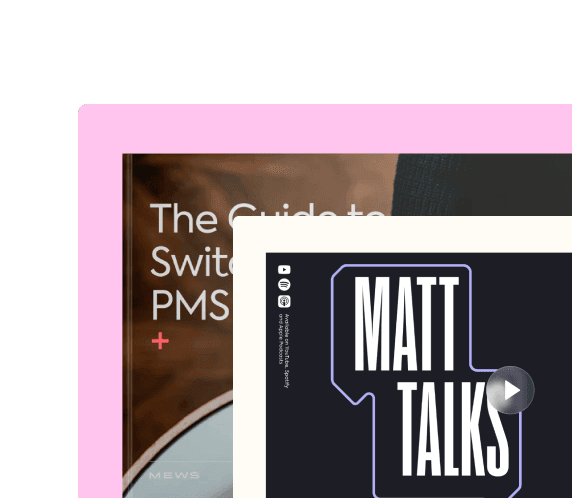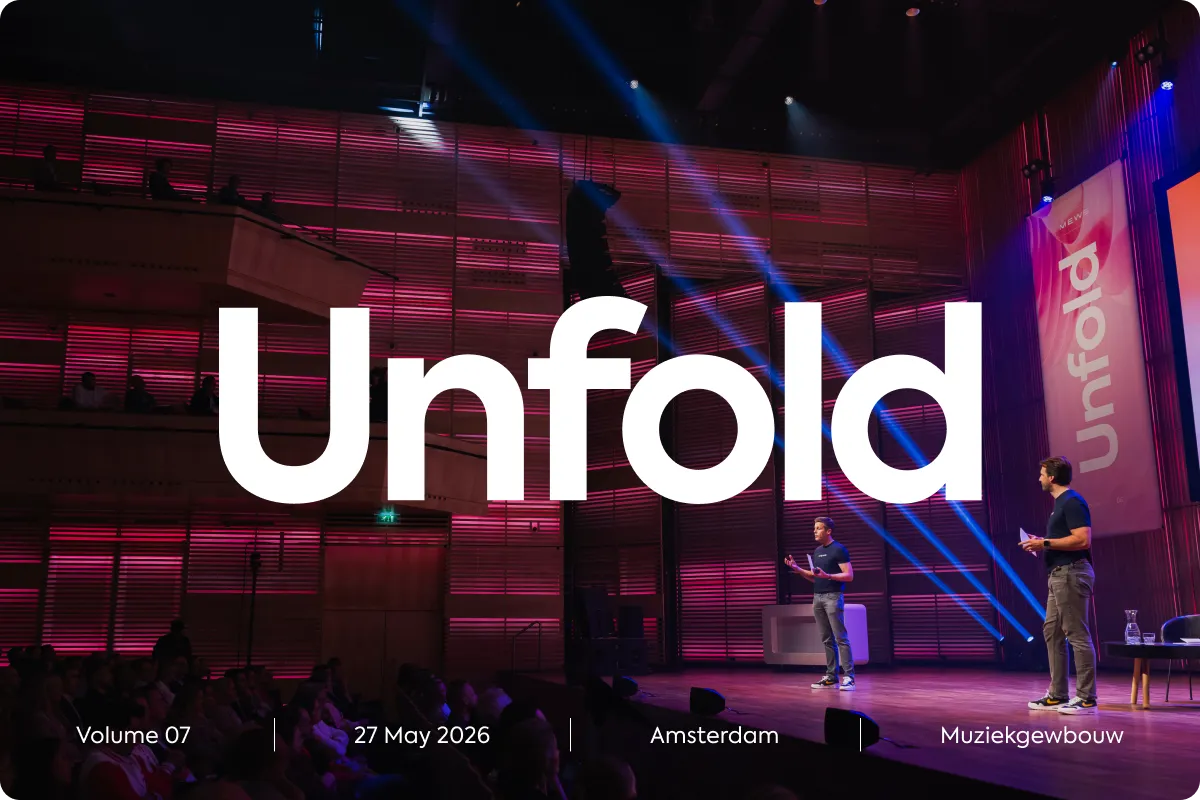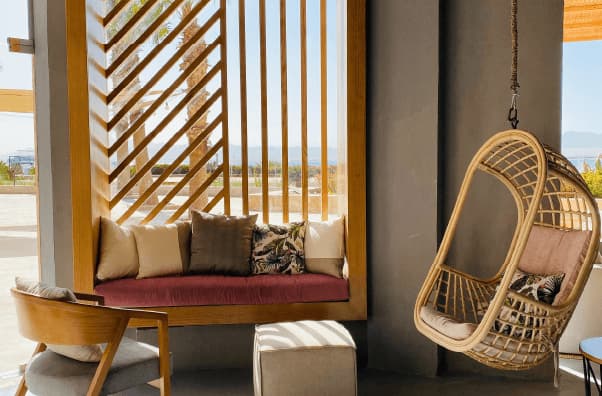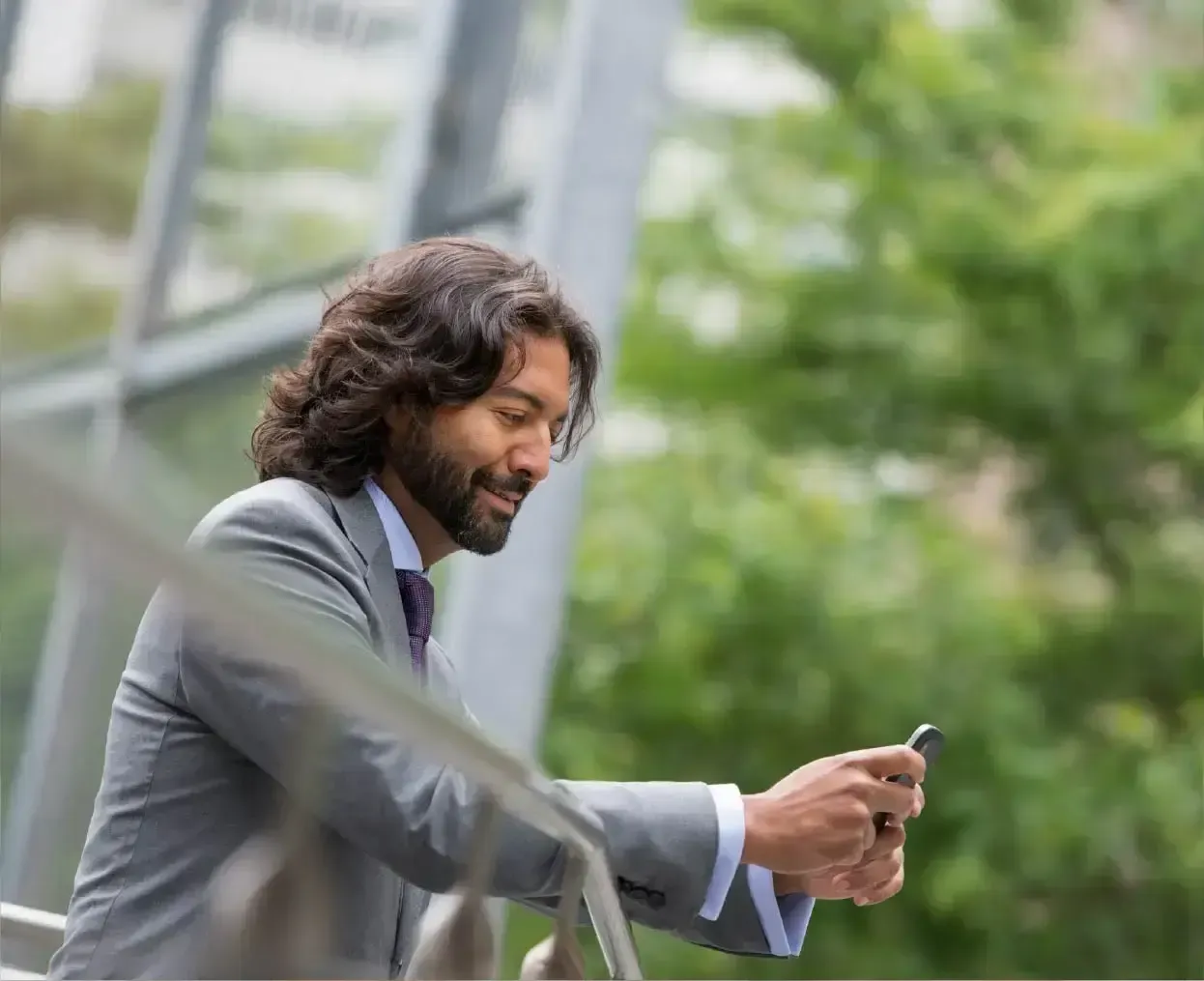Direct bookings are key for the economic success of any hotel. So how exactly do you achieve them? There are a lot of marketing strategies that can increase direct bookings, such as offering unique and improved discounts and offers not otherwise available on other channels through your hotel’s website and social media channels, and by making the reservation process as quick and easy as possible on your own channels.

We will look at more strategies throughout this article as well as discuss the benefits of direct bookings and the difference between direct and indirect bookings. So let’s get started.
What is the difference between direct and indirect bookings?
As the term suggests, direct bookings are those that are made directly through your own channels, both online and offline. Indirect bookings on the other hand, are those that are coming from other Online Travel Agencies, travel agents, metasearch engines and other third party channels.
Typically these third parties will charge commissions based on sales, and are useful to increase your bookings by broadening your distribution network. Direct bookings on the other hand, have no commissions as guests are booking directly through your hotel’s marketing channels (or in person), but of course will involve an investment in terms of your own marketing budget.
What are the benefits of direct bookings?
There are many benefits to direct bookings, the most notable being that you save on commissions. This can be particularly beneficial because commissions with third party sites can be as high as 20%. Another benefit is having the ability to control the communication stream with guests and to improve the online marketing strategy profitability by being able to clearly monitor KPIs and interpret results about what is working and what is not in terms of your own marketing efforts.
Boosting bookings on your own channels allows for savings by eliminating intermediaries’ commissions and makes it possible to directly communicate with the customer throughout the whole customer journey, in order to get information to help inform the best actions to incorporate in a loyalty strategy.
Best strategies to increase hotel direct bookings
Now that we understand the difference between indirect and direct bookings, as well as the benefits of having guests book on your own channels, let’s take a look at the best strategies to increase these kinds of hotel bookings.
Optimized digital marketing campaigns
Nothing is more effective than optimized digital marketing campaigns to drive traffic to your website. When we talk about “optimized” we are talking about optimized for both search engines (SEO), Search Engine Marketing (SEM or paid ads) and creating dynamic content on social media. Here, you can read more about hotel marketing strategies.
SEO goes together with content writing to create targeted content for what your users are looking for in each stage of the user journey. This will help to position your hotel organically on Google. With an extra boost from paid SEM campaigns, you can lead people to your hotel’s website with personalized offers and improved discounts and incentives, which we’ll talk about shortly.
Then, by creating dynamic content, both interactive and shareable, such as videos, infographics, interviews and other well-written content, guests will be motivated to find out more about your brand and make a connection with your hotel’s unique value proposition.
Improved discounts and incentives
Have in mind a clear message about the discount that your guests will receive when booking on your website. You can use this messaging across your channels in order to give them a reason to book directly, instead of with a third party.
You can give incentives for booking directly such as better prices, special benefits such as a free drink or a complimentary bottle of wine in the room upon check in. In addition, you can create unique offers and incentives that are not available elsewhere, whether that be a package with extra benefits included or free upgrades. Leverage these deals and benefits on social media and encourage guests to engage and cash in on special rewards. You can even give them a reason to sign up to your newsletter by giving them a special discount.
Streamline the booking and payment process so it’s as smooth as possible
Few things are more annoying for a guest when the excitement of wanting to make a booking is ruined by an extra long, difficult process. Make sure they have a clear booking path with an integrated hotel booking engine. With a booking engine you can drive reservations to your own website and reduce the chance that potential guests abandon the website, thanks to a simple, effortless booking process.
You also want to ensure that along the user journey on your website there are clear booking buttons that stay visible when scrolling. Part of the process will involve having different available payment methods that will adapt to all potential users, whether that be a credit card payment, an alternative payment method, or a bank transfer. Make it as easy as possible for guests to achieve what you want them to accomplish: booking directly with your hotel.
Understand your target audience
No marketing message should be created without first understanding who your target audience is and defining clear goals. By understanding your target audience you can create customized promotions and incentives that will appeal to the different audience segments. Furthermore, you can define a user journey and make more informed decisions about which channels to use to target them based on their behavior.
Storytelling to convey your hotel’s unique value proposition
Storytelling is an important part of content marketing. By using evocative images, attractive videos and powerful messaging that defines your hotel's unique selling proposition, you will be more likely to leave a lasting impression on potential users. Whether or not they are ready to book at that moment, by connecting with your users, you will stand out in their minds when it comes time to make that booking.
Social media and your website are the perfect places to build this storytelling that will ultimately encourage customers to choose you over the competition. By connecting to your hotel’s unique value proposition and following you on social channels, they will be more likely to book directly because they already have your hotel in mind instead of having to find your hotel through a third party channel.
Conclusion
In this article we’ve looked at the benefits of leveraging bookings on your channels, the difference between direct and indirect bookings and some strategies to increase these types of bookings.
In order to increase direct bookings, the goal is to increase the length of time potential guests spend on your website or consuming your unique content. In this way you can help boost rankings on Google and encourage users to book directly with you instead of through third party sites.
This will ultimately reduce dependence on these third party sites and as a result, reduce commissions and allow you to lead communication with your potential guests, and thereby turn possible clients into repeat guests that use direct channels to book.
Written by

Eva Lacalle
Eva a plus d’une décennie d’expérience internationale dans le marketing, le marketing numérique, la communication et l’événementiel. Lorsqu’elle ne travaille pas, elle aime surfer, danser ou explorer le monde.









